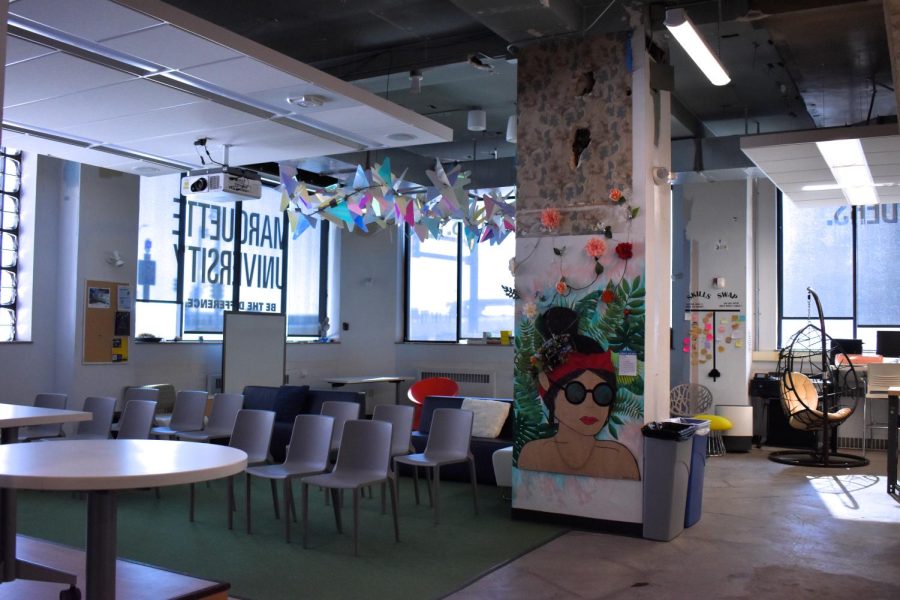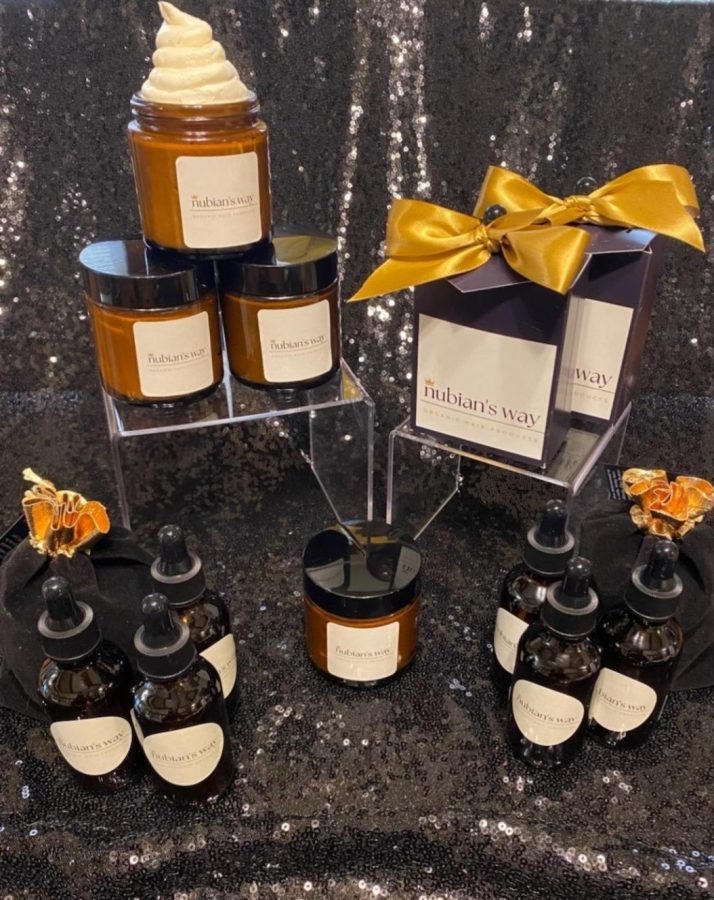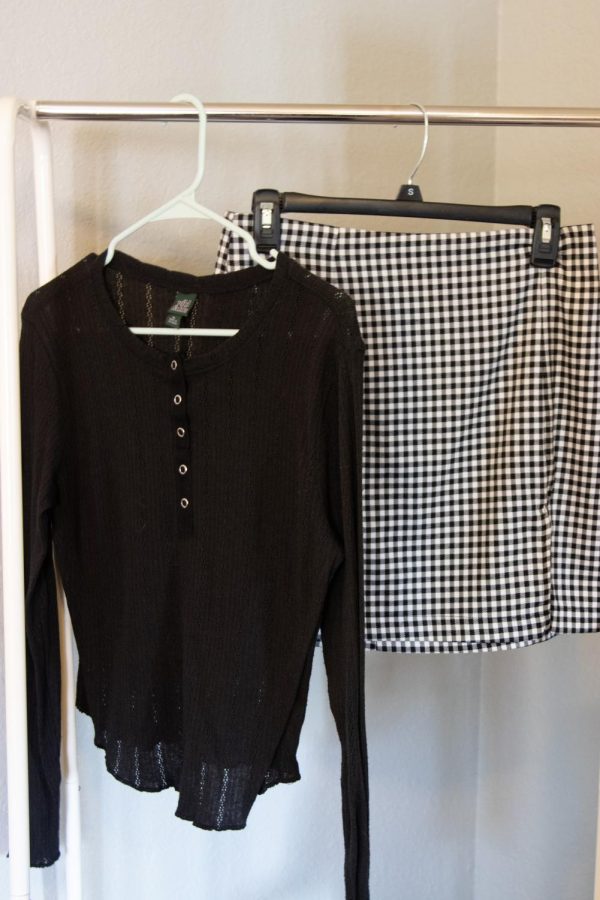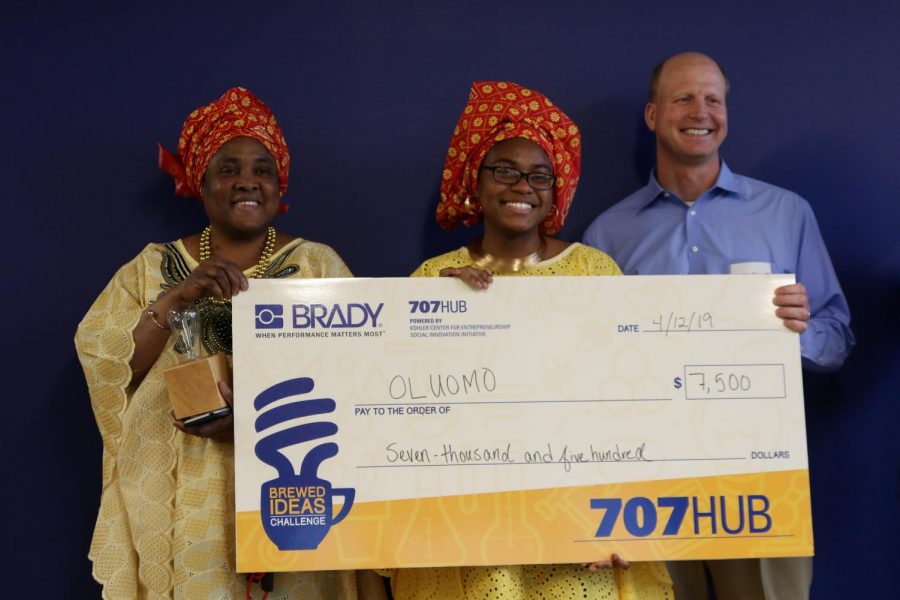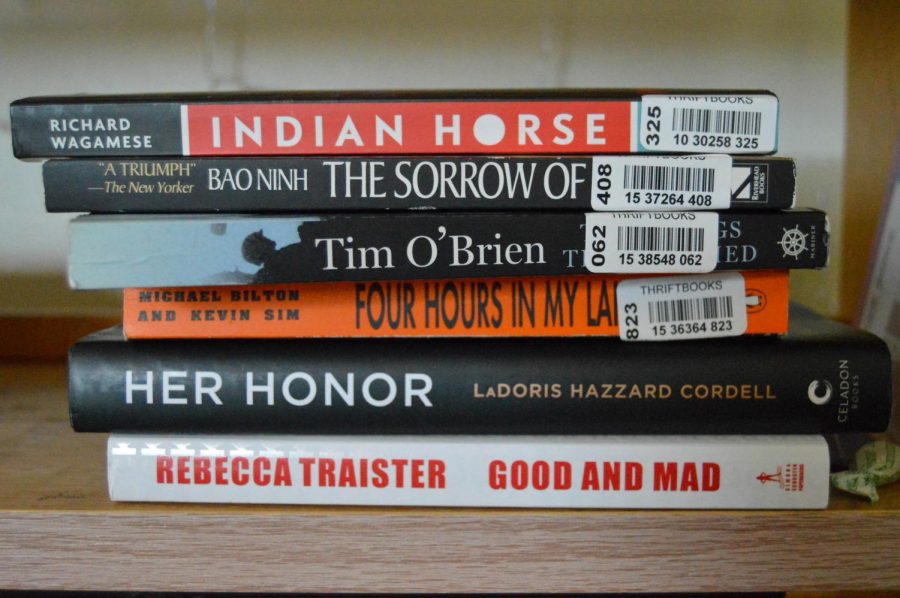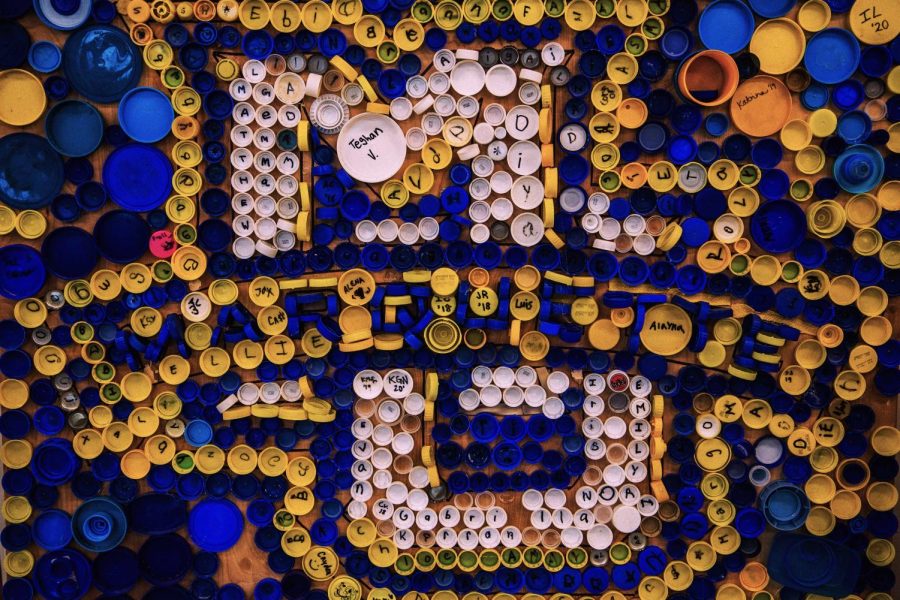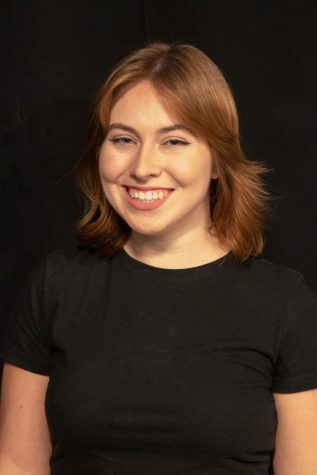The 707 Hub’s “Brewed Ideas Challenge” has Marquette students competing in a “Shark Tank” style competition for a share of $23,000 in grants for traditional business ideas and social innovations.
The deadline to apply for the competition is Feb. 28. From there, 10 finalists will be selected to present their ideas to a panel of three judges, the majority consisting of employees of the sponsoring company: The Brady Corporation. Marquette and Brady have collaborated on like-minded competitions for around a decade, with this being the seventh installment of the “Brewed Ideas Challenge.” The challenge also matches Marquette students with mentors within the Brady Corp.
“I think programs like the ‘Brewed Ideas Challenge’ give Marquette students a platform to say ‘I have an idea and I’m gonna take a chance and try to put it into action,” Kelsey Otero, senior director of community engagement, said. “All of our students who have been participants, whether they’ve won money or not, have grown tremendously. I’ve seen students become better speakers, more confident in their ideas. They’ve become champions for ideation and creativity and explorers in their own right.”
Otero oversees the competition and programming in the 707 Hub, believing this competition to be unique for its ability to allow students to pitch ideas from a social impact perspective along with a traditional business track.
“You’re able to see really easily just how passionate Marquette students are and how passionate young people are about solving major social challenges,” Otero said. “I think there’s something really powerful about recognizing that when we see a problem we don’t have to just identify it as a problem. We can think about solutions and ways to make things better.”
For Otero, it’s students like Wendy Pérez, a senior in the College of Business Administration, that can make a difference with their ideas. Pérez and her team were awarded $8,500 in the 2021 competition for her team’s social innovation idea, “Community. Books. You”, a free textbook lending service for first-generation students at Marquette. Pérez is currently working to promote the challenge, stressing its ability to have an impact on other first-generation students.
“We didn’t think we had what it took to win, but we stepped out of our comfort zones and we pitched that year and I really liked my experience with the Brewed Ideas Challenge as a competitor because you get mentorship and you get to meet other entrepreneurs too and it’s a really nice community and just even the event itself was really nice,” Pérez said. “Anyone that is very passionate can definitely make a difference.”
Pérez believes she has grown not just her business skills with this competition but improved her communication skills with an emphasis on public speaking, something that was previously out of her comfort zone. Pérez credits her team’s mentor, Brian Smith, the vice president of sales at Brady Corp, for a lot of this growth.
“He was really able to guide us, we were able to ask him any questions and he was able to tell us a lot about his experience with his career and also just that business mindset that he had. It was really helpful for us that he was really straightforward and helping us in that sense,” Pérez said. “It really was a mindset shift and the networking aspect and then also the skills, the guidance, that was that was really helpful.”
Smith believes mentors are an important way to grow in the business field, using real-world experience to help their mentees grow. While maintaining this growth mindset, Smith said there are a few things students need to have figured out to succeed in this competition.
“If I was talking to would-be participants, I would tell them be very creative, be very curious, but you need to really think ‘is this an idea of something that is sustainable, viable beyond just my dorm hall,’ for example. This is something that needs to be bigger than you and your circle of friends. It needs to be bigger than Marquette, probably needs to be bigger than Milwaukee to really be all it can be,” Smith said.
The competition, judged on a 45 point scale, takes place at the end of April, with the 10 final groups chosen March 8, allowing for finalists to work with these mentors, as well as workshops, to improve their skills. Otero said that the main thing judges look for is an understanding of the customer and making sure finalists have done their research.
“I often tell students that people will remember stories more than they’ll remember facts. Numbers and facts are important, they’re great, it justifies the work that you’re doing, but we will forget that really quickly, but we will remember the story that someone told us,” Otero said.
This story was written by Kevin Fitzpatrick. He can be reached at kevin.m.fitzpatrick@marquette.edu

